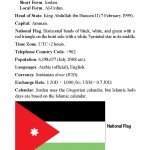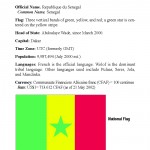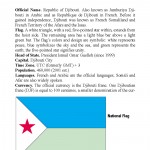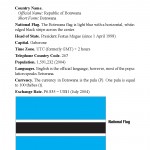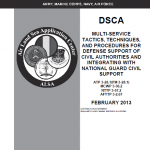Afghanistan’s Pashtun rural population has been the source of manpower, funds, shelter, support, and intelligence for the repeated insurgencies that have plagued that unfortunate county since their monarch, Zahir Shah, was overthrown in 1973. In the general unrest that followed, insurgents opposed Mohammad Daoud’s army until he was overthrown by the communists who served in succession – Taraki, Amin, Karmal, and Najibullah. The communist leadership figures, in turn, were deposed by the anti-communist “Seven Party Alliance” that was soon battling among itself for control of Kabul until the Taliban Movement emerged. The Taliban was also faced with resisting insurgent forces, primarily from the non-Pashtun ethnic groups inhabiting Afghanistan’s northern provinces. Afghanistan’s rural insurgents are generally poorly educated, if literate at all, and succeeding generations of insurgents rely upon story-telling from earlier generations of fighters to gain knowledge of tactics that are applicable to their particular culture and terrain.
Read more →
